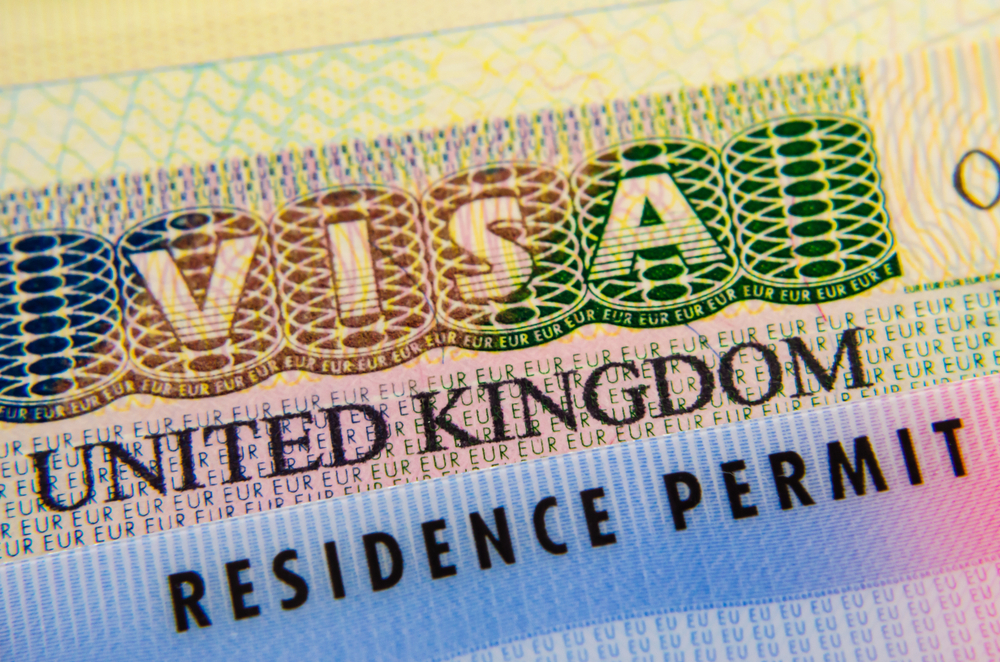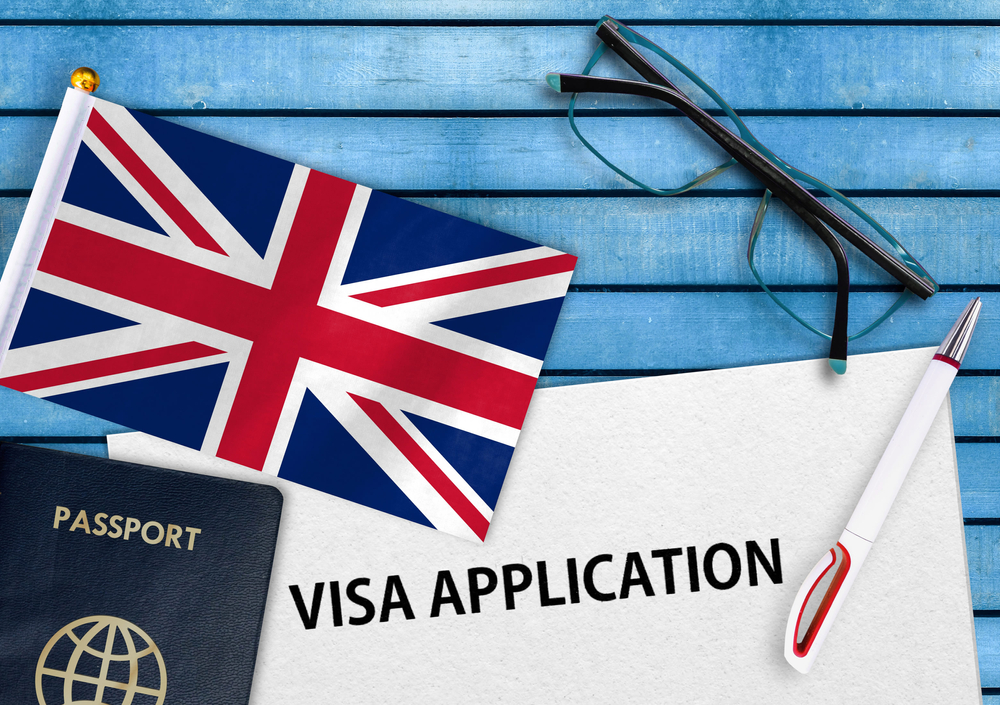Is sponsorship of overseas workers just for larger companies?

In this latest update New Dawn co-founder and Managing Director Vanessa Scrimshaw shares her thoughts on the sponsorship of overseas workers. She breaks down the myths and supposed complications that enshroud this subject to reveal the truths behind the process.
So is sponsorship only available to larger organisations?
The simple answer is NO. You will have to do some legwork but it’s not necessarily complicated or expensive when compared with the fees of recruitment consultants. I would certainly recommend employers of all sizes think about it as the skills shortage continues to hold back progress for many businesses.
Over the last 6 to 12 months I found myself having lots of conversations with clients about how to sponsor overseas workers to come to the UK. Many business owners believe that since Brexit, it’s only large employers with big HR departments and deep pockets who can consider sponsoring workers from anywhere outside of the UK. But that’s not the case.
In actual fact, it’s no more complicated than it’s ever been for non-EU workers and the Home Office do seem to be trying to make things simpler for employers. The perception that Brexit has ruled out this path to talent for UK employers is wrong. Yes, Brexit made it much harder for EU workers to come to the UK, but in actual fact all it did was level the playing field with European workers and workers from other countries all around the world. In essence it removed the preferential treatment of EU workers, nothing more.

Since the end of the Schengen agreement in the UK on 1st January 2021, if a company or organisation in the UK wishes to employ somebody from overseas to come to the UK, it’s the same process wherever they are currently based, whether that’s France or South Africa. (The Schengen agreement was signed in 1985 by most EU countries who agreed to remove controls at their internal borders and to introduce freedom of movement for all nationals of the signatory countries).
The first thing an employer needs to do is register itself with the Home Office as a sponsor – there is a lot of helpful guidance about how to do this here
The Sponsorship Process
The process has been designed so that companies don’t need to engage the services of expensive consultants to get them through the process. You will need to demonstrate that you have sound and robust systems in place from a HR perspective, such as contracts and policies, and good systems to enable you to monitor your workforce (for example, keeping contact details up to date and monitoring absences). For most employers, this is already a given so there are no extra hoops to jump through.
After being granted a license to sponsor candidates from overseas, we recommend employers use the main UK job boards to advertise their vacancy. It will help if you make clear within the advert that you’re accepting sponsorship candidates.
Once you’ve found your candidates and completed the recruitment process, they will have some hoops to jump through at their end, particularly the need for an English certificate: these aren’t particularly expensive and in my experience every country has had a facility for candidates to take the English test. It’s a fairly straightforward test – nothing like a GCSE level exam. It’s a basic comprehension exercise, ensuring that all future workers coming to the UK have a minimum level of English language skills.

Once the candidate has their English certificate, it’s a case of submitting the Visa application to the Home Office. There is a cost (as you might expect) which will depend on the length of the sponsorship, most employers opt for either three or five years. I would always recommend going for three years initially and then if all is well and the employee is settled here, you can always extend for a further two years.
Factors To Consider
There are a few other things to think about as an employer in terms of cost and supporting the worker to settle in the UK, to help you consider the return on investment.
The cost of the sponsorship application is £536 for a small employer or charity and £1,476 for a larger employer. Once you have your sponsorship license and you’ve found your candidate you’ve got a couple of different cost think about:
- Issuing a SOC code is £199 irrespective of whether you’re a small or large employer. This is needed for all roles;
- The immigration skills charge which is about £364 per year; and
- The visa application cost itself, which can vary quite considerably depending on the role and whether it’s a recognised shortage role in the UK. This fee can be anywhere from £247 up to £1,423 for a small employer.
Additional Costs
There are additional costs that you may wish to pay to support the worker in settling into the UK. You need to factor these costs into the offer of employment and consider which you’re prepared to cover.
For example, somebody on a visa will not have access to our NHS and will need to pay for this service (called an NHS surcharge). The NHS surcharge is £624 per year and that has to be paid at the time of the visa application. It is not possible to bring a skilled worker into the UK without paying the NHS Surcharge in advance and many candidates may not have access to this lump sum, so that needs some consideration and an open discussion at the point of making an offer.
Other common costs and questions that might also come up are:
- Who will pay for the initial flight to the UK, and what about extra luggage fees
- Will you allow more than 2 weeks leave at one time so the worker can travel home
- Will the company contribute to flights home in case of an emergency
- What will happen about a return flight if things don’t work out
- Will the company help with finding accommodation – the worker may not be able to rent a property if they have no credit rating or reference in the UK, which means you might be asked to stand as guarantor
- Will the company help with visa applications for the worker’s partner and/or children – the worker may need some guidance on their rights and help with fees
A robust on-boarding process is essential for the integration of overseas employees into the UK, it’s a massive move and a leap of faith for someone who many never have left their home country before. But, the process can prove very rewarding for you and them and is well worth considering.